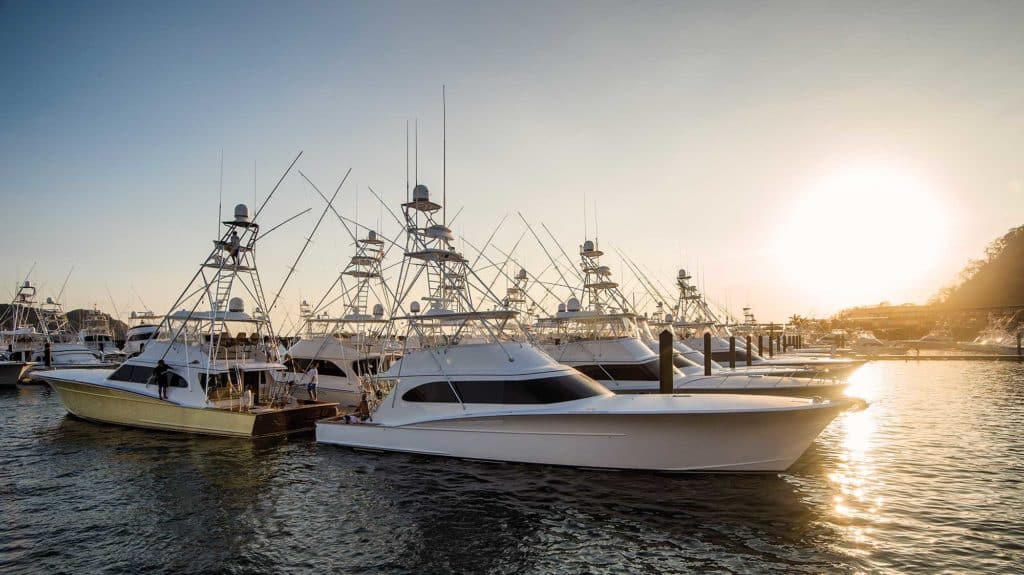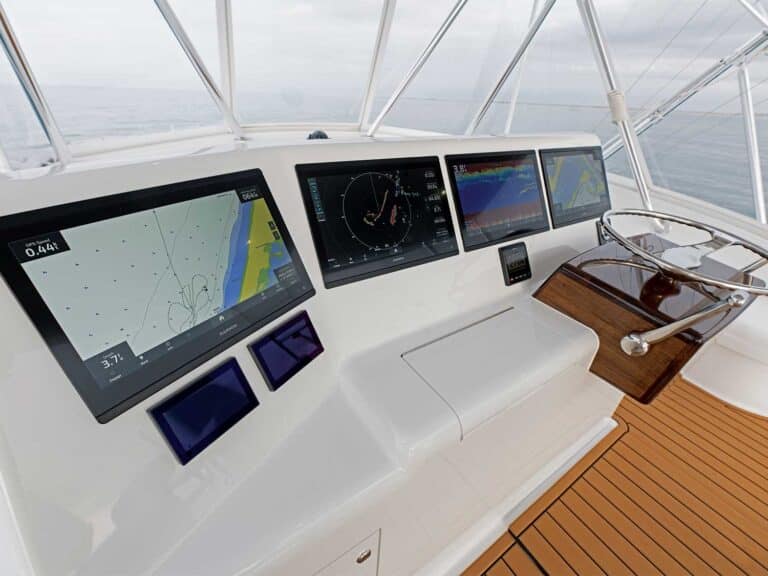
A maritime lien is a claim against a vessel that may be enforced by seizure of the relevant property. They were created to promote commerce by allowing suppliers to freely extend credit to ships but still be protected from shipowners escaping their debts by sailing away without payment. They are often referred to as “secret liens” because, with the exception of a preferred ship mortgage, they arise automatically as a matter of law, do not require any form of consent to be granted and must not be recorded to be effective.
Property Subject to a Maritime Lien
Maritime liens can only be asserted against vessels in navigation. Thus, a vessel under construction, or one that has permanently been withdrawn from navigation, is not subject to a maritime lien. On the other hand, a vessel temporarily withdrawn from navigation for repairs or other reasons is still considered in navigation and is subject to a lien. Maritime liens generally attach to the entire vessel, which may include its fishing gear, furniture, electronics, machinery, cargo and many other types of property.
Types of Liens
A preferred ship mortgage is a lien recorded against a vessel documented with the U.S. Coast Guard. Of course, this is present when a vessel is being financed through banks or other lending institutions, and it is the only type of maritime lien that must be recorded. Hence, certain documents must be appropriately filed with the National Vessel Documentation Center for the lien to be effective.
All other maritime liens arise out of an assortment of maritime torts or contracts. These so-called secret liens arise upon the moment goods or services are provided to the relevant vessel. Examples of such liens include claims for crew wages, unpaid freight and breach of charter, as well as damages from pollution, personal injury and collisions, to name a few.
The majority of liens arise from necessaries, which are defined as anything reasonably needed for the venture in which the vessel is engaged. Whether a good or service provided to a vessel qualifies as a necessary is a question of fact determined by the courts on a case-by-case basis. Examples of necessaries include repairs, dockage, towage, crew provisions, surveyor’s fees, documentation services and pilotage.
Notice of Claim of Lien
Any potential lien holder can file a notice of claim of lien on a documented vessel. The claimant should first send a notice to the owner of the intent to file the claim. Notice should also be sent to any individual or entity holding a mortgage on the vessel and any other party who has previously filed a claim of lien. A notice of claim of lien is then filed with the National Vessel Documentation Center if payment from the owner is not received. Upon filing, the claimant should subsequently send a copy of the notice of claim to the owner and the other lien holders.
The filing of a notice is especially useful because the claim shows up on the vessel’s abstract of title, which might impact a buyer’s willingness to purchase a vessel. Hence, it can provide incentive to the owner to satisfy the lien so the vessel can be effectively sold. Moreover, most preferred ship mortgages do not allow the owner to have other liens filed against the vessel. Refusal to pay off the lien may be a violation of the terms of the mortgage and force the owner into default. The notice of claim is a useful tool unique to the United States, but it is important to note that simply filing a notice does not mean the lien itself is enforceable. The merits of the claim must be legally proper.
Enforcement of Lien
Filing an in rem action against the vessel in federal court legally enforces a maritime lien. This is also known as arresting the vessel and can be done by filing a complaint in federal court where the vessel is located. The court issues a warrant for the arrest, and a U.S. marshal detains the vessel. Arresting a vessel is a complicated and expensive process, so it is only appropriate with high-value claims. The law gets quite complex when dealing with the priority in which liens should be paid if proceeds of a marshal’s sale are insufficient.
Read Next: Understanding Maritime Salvage Law
A Complex Set of Laws
Maritime liens represent a unique part of the legal system, and it is important that all vessel owners have a general understanding of what they are and how they can be enforced. However, a maritime attorney remains an invaluable resource if a party has a potential claim against a vessel.
Raleigh P. Watson is a contributing author, and a Partner at Miller Watson Maritime Attorneys.







